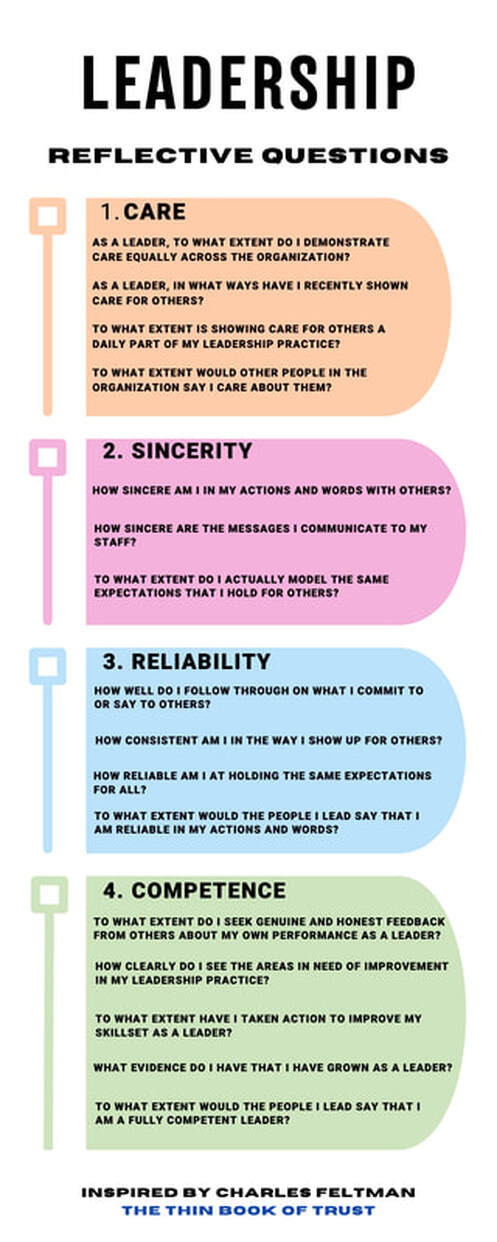|
Regardless of industry or profession, most leaders nowadays face a very uncertain, unpredictable world that is made even more difficult due to the increased prevalence of mental health issues in the workplace. According to recent research done by the World Health Organization, on a global level, more than 264 million people of all ages suffer from depression and over 300 million people live with constant anxiety ranging from mild to incapacitating.
Added to this, the American Psychological Association found that only 53% of the workforce in the US felt that their organizations truly supported staff well-being. And to complicate matters even further, many employees are very apprehensive to disclose mental health issues they are experiencing due to a variety of factors including the stigma attached to being mentally unwell and the fear of negative consequences. With the research showing that the mental health crisis is only going to get worse, organizations and businesses need to find and develop the very best leaders possible to help guide them through these difficult times and into the future. What type of leadership style might work best considering the vastly changing landscape of the workplace and the mental health crisis these organizations currently face or will probably face one day? Research done by Dr. Bill George, Dr. Bruce Avioli, and Dr. Fred Luthans would strongly suggest that organizations that value and prioritize an authentic leadership style are much more successful at promoting deeper trust, employee engagement, and positive outcomes. Dr. Fred Luthans’ research, more specifically, has shown that leaders who build and utilize psychological resources such as hope, optimism, resilience, and self-efficacy in the workplace have a very high degree of success in creating the conditions necessary for higher levels of well-being and mental health in the workplace. But, all of this is not possible without trust. As the expression goes, “When there is no trust, there is nothing. Trust is all.” Where there is trust, there is safety. Where there is safety, there is belonging. Where there is belonging, there is connection. Where there is connection, there is hope. Where there is hope, there is purpose and engagement. Where there is purpose and engagement, there is productivity. Where there is productivity, there is success for all. Where there is success for all, everyone wins. Promoting authentic leadership within organizations is essential nowadays. Any leader wanting to delve more deeply into building trust in the workplace, should look into the work of author and trust expert Charles Feltman. I’ve been lucky enough to have Charles on my Run Your Life podcast several times over the past couple of years to discuss the work he does helping leaders to build more trust in their organizations. Here is a link to our last conversation on my podcast. Charles Feltman breaks down trust into 4 assessment domains:
In his book, The Thin Book of Trust, Charles focuses on the concept of trust and its importance in personal and professional relationships. His book provides readers with practical advice and tools to better understand and build trust in various contexts such as workplaces, teams and every day interactions. Any leader who reads the Thin Book of Trust is sure to walk away with a deeper understanding of the importance of trust as a foundational tool for effective communication, collaboration, and productivity. This book provides readers with a specific language and a framework to use to prioritize trust and ensure that all stakeholders have a voice in the organization so that they feel understood and heard. Authentic leadership begins with trust. When trust is truly prioritized in an organization, there will no doubt be increased levels of social, emotional, and mental wellness. Addressing the mental health crisis in the workplace is in the hands of all leaders and the extent to which they develop a more authentic style of leadership. Using Charles Feltman’s framework, perhaps reflecting on the following questions might provide leaders insight into which areas they might have to focus on better developing in order to be more authentic in our leadership style. Let me know your thoughts and what resonates with you. What other reflective questions might you add to the list below? Thanks for reading and shine on wherever you are in the world.
0 Comments
Leave a Reply. |
AuthorKAUST Faculty, Workshop Leader, Presenter, Certified Cognitive Coach Archives
August 2023
Categories |


 RSS Feed
RSS Feed